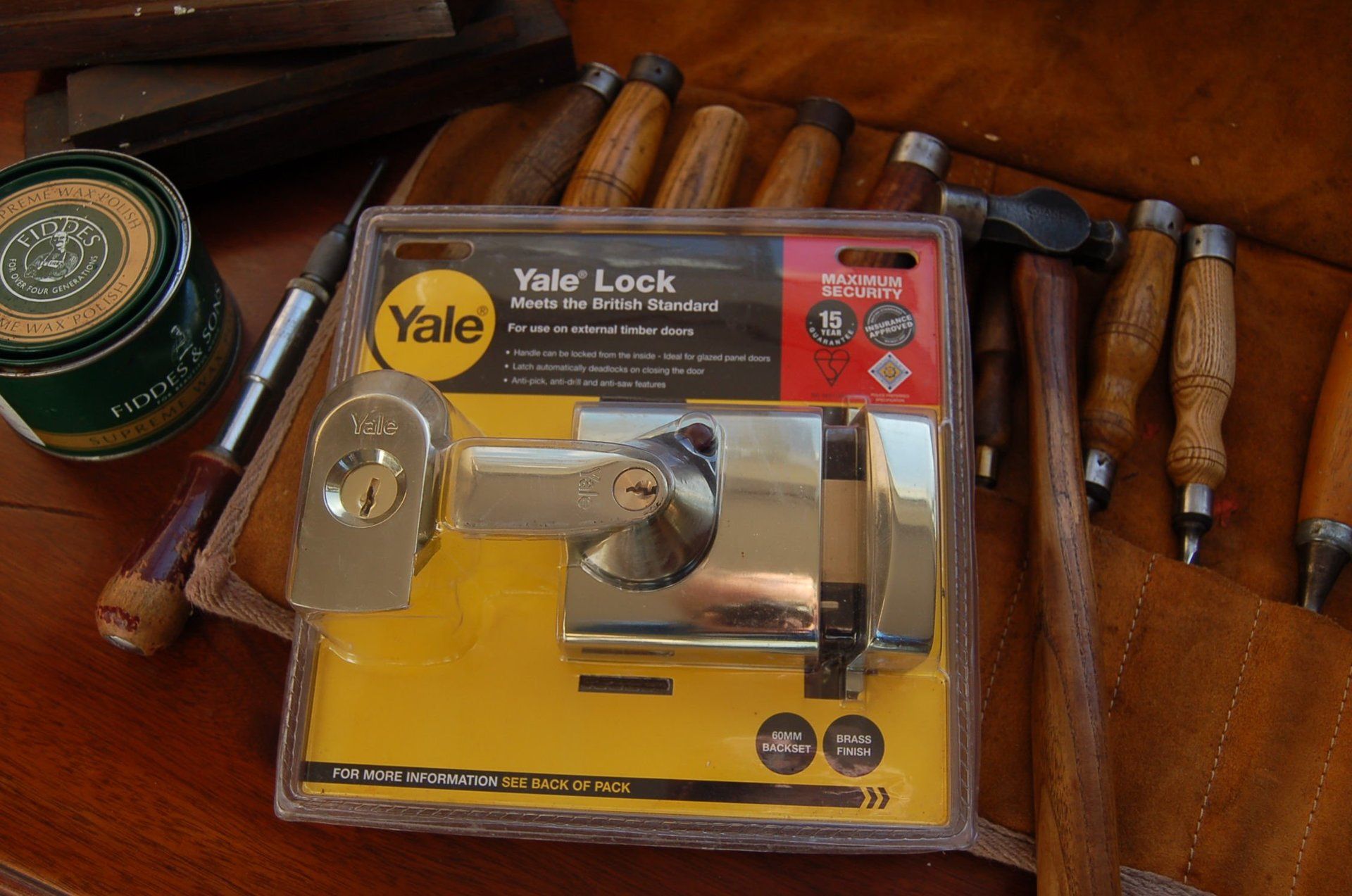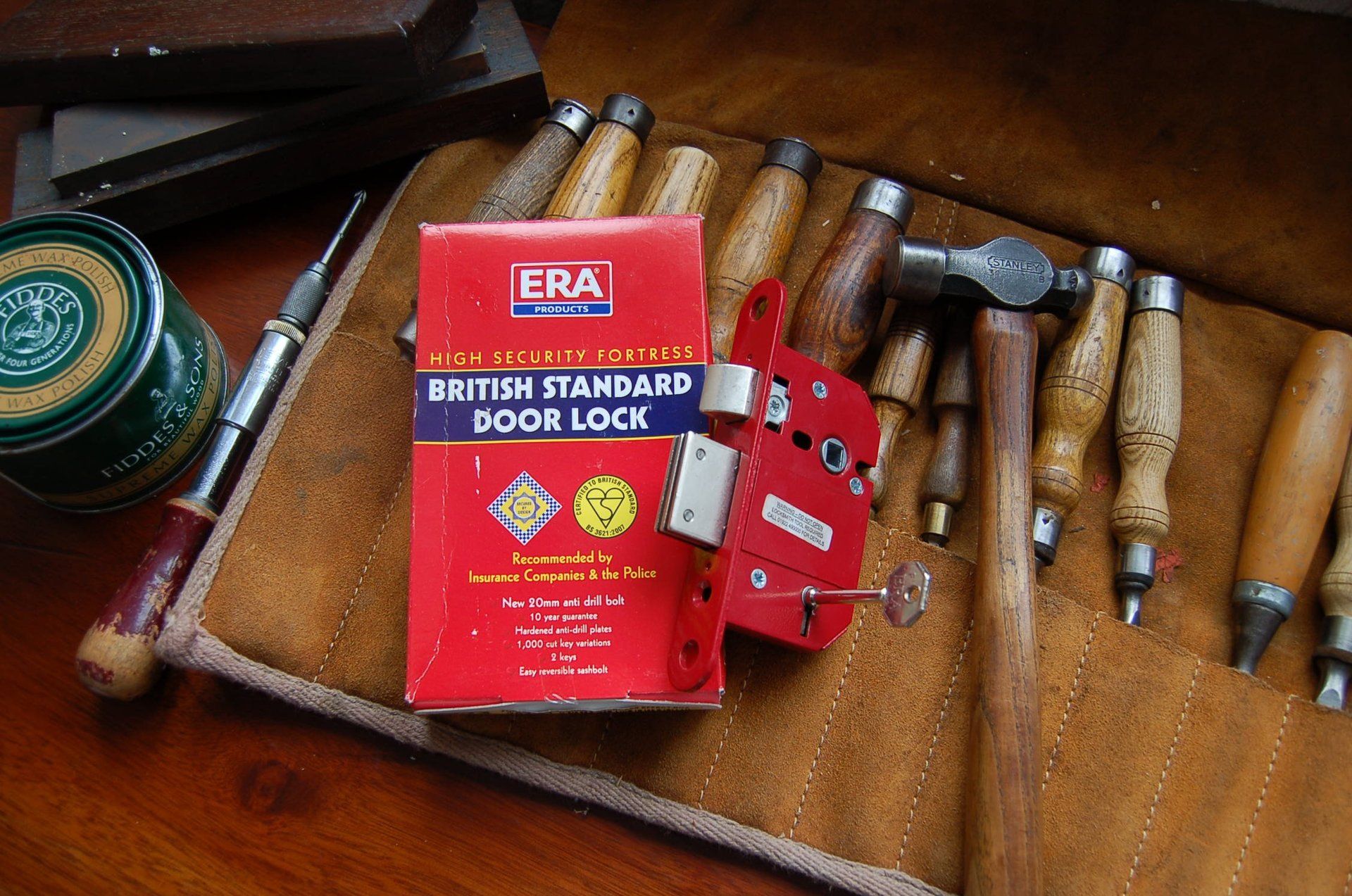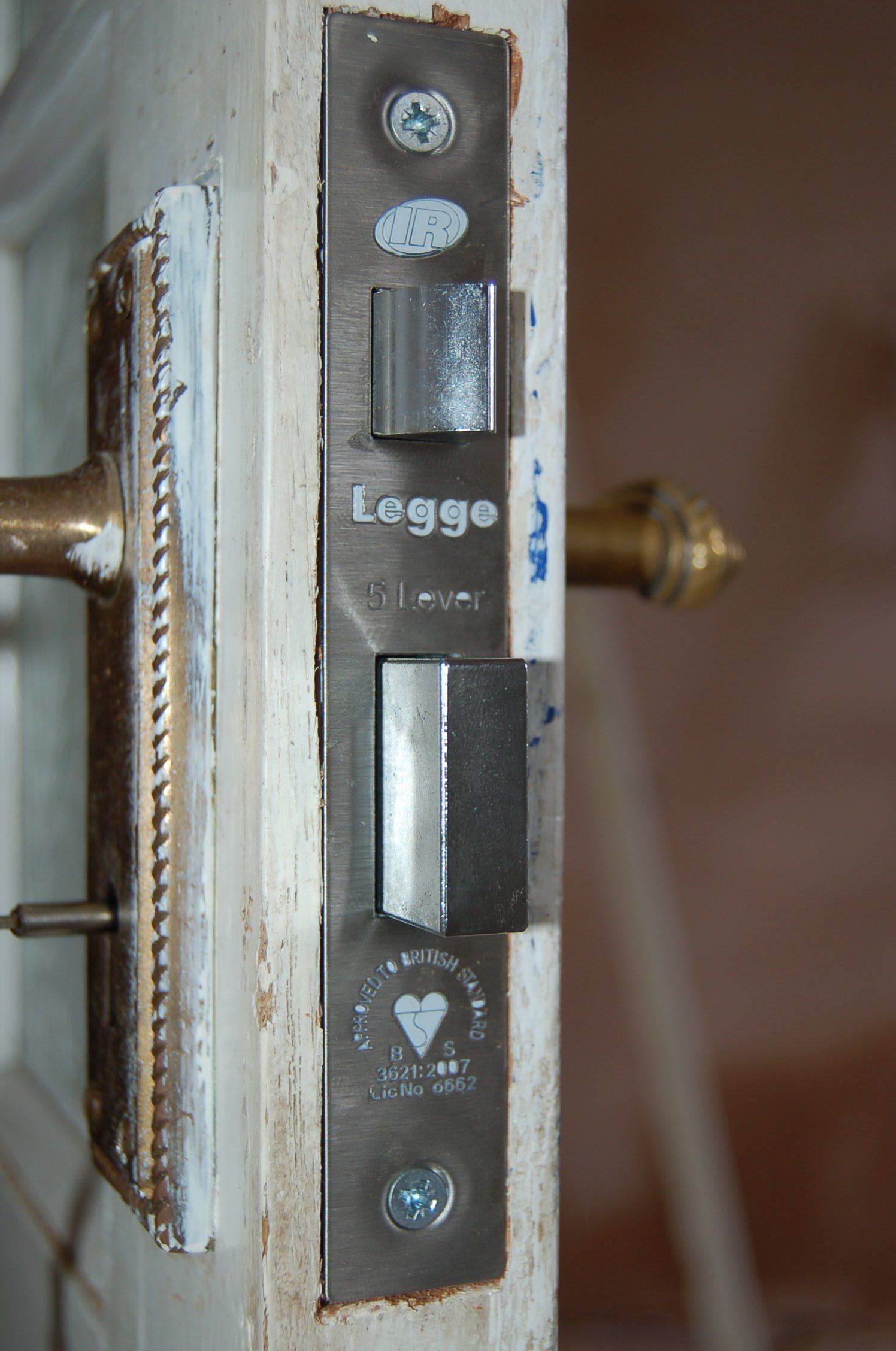Fit the correct locks
- By paul easton
- •
- 29 Aug, 2019
The locks on your home’s doors and windows are crucial when it comes to your home insurance: If they’re good enough, home insurers might give you a discount on your premiums, but if you tick the wrong boxes when opening the cover, you could inadvertently invalidate your policy. Many people spend hours trawling through websites and using insurance brokers to try and save tens of pounds on the cost of insurance, but once they’ve found a policy they’re happy with, they don’t mind taking a guess on important questions about their home’s locks.

Here are the most common types of locks used in homes.
Unfortunately, if you’re burgled and your insurer realises that the locks you have don’t actually match those you claimed you had, it could invalidate any claim you make.
Mortice locks
Mortice deadlocks are one of the most common type of locks referred to in a policy. A mortice lock requires a key to both lock and open it. Your home insurer may ask that it complies with British Standard BS3621.
Nightlatches
You may know these as ‘secondary locks’. In general, they come in two forms: standard nightlatches and deadlocking nightlatches.
Cylinder locks
Cylinder locks are the most common type of locks found on upvc doors and composite doors. You would need to check with your home insurer whether this type of lock is acceptable as some types of cylinder locks are vulnerable to a technique known as lock snapping.
Key-operated security bolts
Commonly used on external doors, including French and double doors. Your policy may specify that key-operated security bolts should be fitted to the top and bottom of the door.
For a more detailed read on this visit https://www.churchill.com/lib/pdf/ch-guide-to-lock-types-449kb.pdf
When you’re looking for a home insurance policy, you’ll be asked what type of locks you have on your exterior doors and windows.
If you wrongly guess which locks are installed and then get burgled, your insurer could refuse to pay your claim.
So it’s really important to get them right - and we'll help you work out which ones you have.
This is a usefull video showing the different types of locks from Go Compare
https://www.gocompare.com/home-insurance/locks/
You can also visit this page on our website which has more details on insurance rated locks and types of locks along with photographs to help you identify which locks you have currently fitted.
https://www.pauleastonlocksmiths.com/locks
In the photographs below are the two most common required locks on wooden doors for insurance purposes,
Top image is a,
British Standard Nightlatch, if you have a nightlatch on your door and it does not look like this then check as its most likely not covered for insurance purposes.
Below that is the British standard 5 lever mortice lock, easily identifiable by a kite mark on the face plate. If your lock does not have that kite mark its not insurance rated.
You could have a mortice dead lock which is still insurance rated but is identified by a single throw bolt, see here https://www.pauleastonlocksmiths.com/timber-doors-and-carpentry
The photo gallery on this page shows all the types of locks, the Chubb lock is a mortice dead lock with a single throw bolt.


What is BS3621 ?
BS3621 is a British Standard for locks fitted to doors, designed so we can easily know that a lock is of a good, theft-resistant standard.
This standard is most often specified for final exit doors on a property (front and back doors) as these are the most prone to break-in attempts. It's generally agreed that internal doors do not require the level of security offered by BS3621, although in some circumstances you may consider it necessary. If you don't need that level of security then cheaper locks with lower levels of security, such as 2 lever and 3 lever models, are available.

Are approved locks worth it?
Having a combination of approved window locks and approved door locks, especially on the main entrance to your home and ground floor and patio windows, should help your chances of getting a discount on your home insurance premiums.
If you do not already have any of these locks installed, then it could feel like a bit of an expensive investment to get them fitted in. However, in the long term, it could be worthwhile, as first of all it should actually decrease your chances of being burgled. And as a bonus, through discounted home insurance premiums, you could end up recovering some of that money you already spent.
If in doubt contact us at Paul Easton Locksmiths on 01291 625540 or mobile 07913 158497 and we will advise you or arrange a visit to survey your locks.
We are able to fit all types of insurance rated locks and night latches to suit any type of wood/timber doors.
Theirs also a wealth of information on our web site if you go to the page index here you can access all the relevant sections/pages.
https://www.pauleastonlocksmiths.com/page-index
Lastly don't forget, no matter how good your security is if you leave doors and windows unlocked and a burglar gains entry that way it could invalidate your insurance claim.
